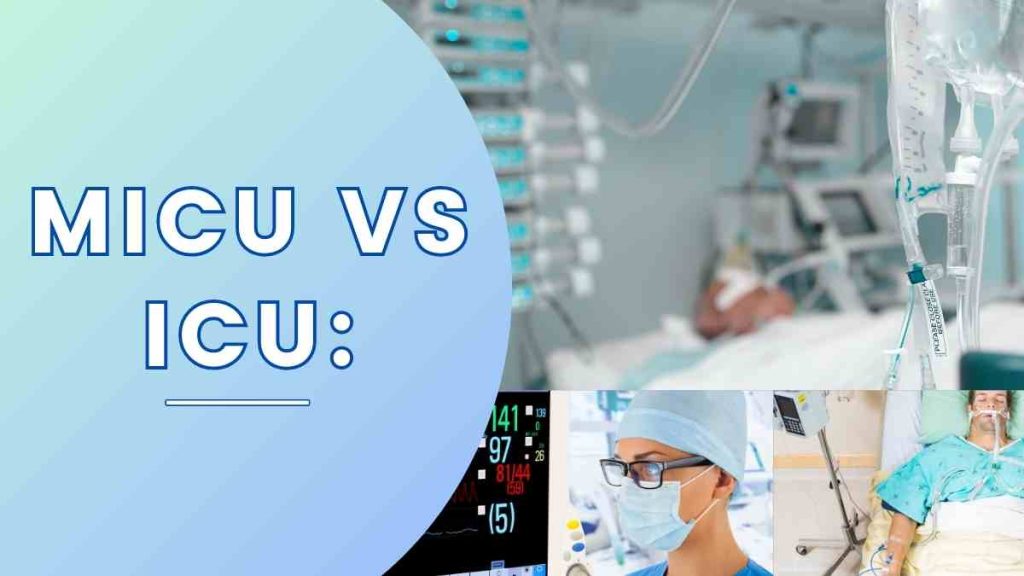- Oak Brook:(630) 705-9999
- Chicago:(312) 920-8822
- Email:inquiry@vervecollege.edu
- Make a Payment
- Home
- Programs
- Admission
- Resources
- ATI Entrance Exam Resources
- New E-Digital Library
- Refer a Friend
- School Newsletter
- Events
- Employers
- Job-Network
- Alpha Beta Kappa Candidates
- Verve College Library
- Graduation and Pinning Ceremony Photo Galleries
- Textbook Information
- Career Services
- Tutoring
- School Catalog
- FAQ
- Constitution Day Program
- Alumni
- Verve College Plans
- Financial Aid
- HEERF Reporting
- Satisfactory Academic Progress
- Apply For Financial Aid
- Net Price Calculator
- Return of Title IV Funds (R2T4)
- Financial Aid Office Code of Conduct
- Contact
- FAQs
- Verification Policy
- Vaccination Policy
- Student Right-to-Know Act
- Misrepresentation
- Information Security Program
- Academic Award Year
- Availability of Employee
- Cost of Attendance
- Health & Safety Exemption Requirement
- Students Rights and Responsibilities
- Leave of Absence
- Pell Formula
- Military Students
- Grants/ Scholarship Policy
- Contact Us
- Testimonials
- Blog
Is a Nursing Career Right For You?
Take The Free Quiz
MICU vs ICU: Which One is Right for You?
MICU vs ICU: Which One is Right for You?
Have you ever wondered about the differences between MICU vs ICU? ICU and MICU terms are used interchangeably. You can get a proper knowledge about MICU and ICU in A&P class (human anatomy and physiology). But do they mean the same thing? The short answer to this question is no.
The level of expertise and the resources available in each ICU make them different. The care provided in a MICU is usually less intensive than in an ICU.
These units are not the same. They serve different bodily functions in hospitals. This article will examine some of the significant differences between ICUs and MICUs. So, let’s begin!
What is MICU?
The MICU is a specialized unit within the hospital that provides primary care for patients with various advanced medical conditions. To ensure patients receive the best possible quality of care to patients, MICUs must always be staffed with doctors, nurses, and specialists who get a diploma from best nursing schools in Illinois (private schools).
MICU accepts patients with acute illnesses, from blood infections to rapid respiratory diseases in human body.
The ward takes up an entire hospital floor for better management and organization. This allows medical patients to have the fastest access in case of emergency surgery. The MICU can be incorporated with the ICU to share resources.
MICUs are equipped with the following equipment:
- Blood pressure monitors
- Respiratory support equipment (Ventilators)
- Central venous devices (internal catheters jugular, peripherally implanted central catheters, and femoral access devices)
- Infusion pumps for intravenous fluids
- Cardiac monitoring equipment
- Central nervous organ systems monitoring equipment (EEG, intracranial pressure monitor, cerebral oximeter)
What is ICU?
ICU is an acronym for intensive care unit. The ICU is found in nearly all large general hospitals. ICUs are for patients who are in critical condition. They require constant monitoring of their vital signs.
Each ICU has dedicated surgery rooms, as emergency surgeries are a constant. The medical professionals are available 24 hours a day to respond to changes in the patient’s condition. This includes anesthetists and specialty nurses.
To minimize transportation delays and maintain minimal floor traffic, hospitals do not mix the ICUs on the same floor with other units. The larger ICUs are divided into specialized areas such as surgery, contagious disease, accidents, and other fields.
MICU vs ICU, Which is Worse ICU or MICU or Which One Handles More Patients?
The MICU has a smaller scale than the ICU. Some hospitals combine the MICU with the ICU because they can perform similar major functions. You will not find MICU in these cases.
What Are the Other Units in a Hospital?
Every healthcare worker should learn how to recognize the acronyms for each unit. Many people use abbreviations to save time or help patients find their way.
Some hospitals have additional units or specialized ones. You will see these units in most hospitals.
The Conclusion of the Article is:
The ICU treats patients with a critical illness. In contrast, the MICU takes care of patients who may not be as critically ill but still need more attention than they would receive in a general hospital.
In an ICU (medical intensive care unit), a patient may be required to have a breathing apparatus or dialysis. On the other hand, a patient in an MICU would only require one of these treatments, and it may not be life-saving.
The ICU is the most advanced and expensive unit in the hospital. These units are for patients requiring life-sustaining treatments or highly specialized monitoring such as ventilator support, dialysis, and other specialized treatment. With A&P class, we also have a night and weekend nursing programs in Chicago & Oak Brook.
The MICUs offer some services that are similar to ICUs. In general, MICUs serve patients who require more care than the average hospital patient but do not need critical care such as ventilator support and dialysis.
FAQs
1. Can a patient be transferred from the MICU to the ICU or vice versa?
Yes, patients can be moved between units depending on the severity of their condition. A worsening condition may lead to ICU transfer, while improvement allows transfer to the MICU. These decisions help ensure the patient receives appropriate care at all times.
2. Who decides whether a patient should go to the MICU or ICU?
The admitting physician, often with input from specialists, determines the appropriate unit before choosing between MICU or ICU. They consider the patient’s diagnosis, vital signs, and required level of monitoring. Hospital protocols guide these decisions to ensure timely and suitable care.
 Sign up
Sign up Login
Login




